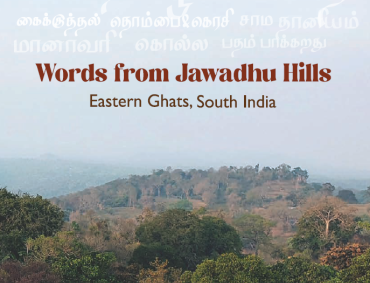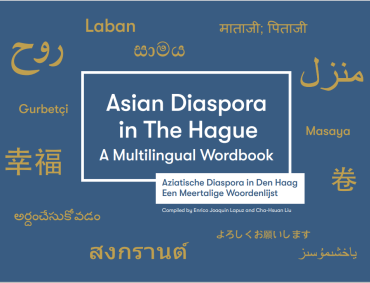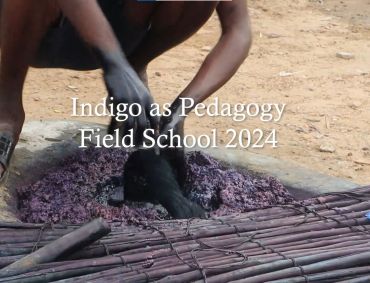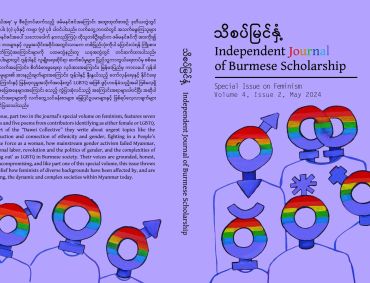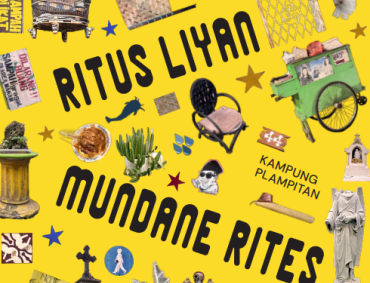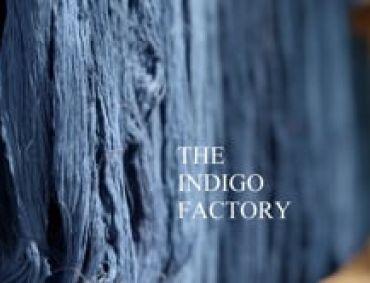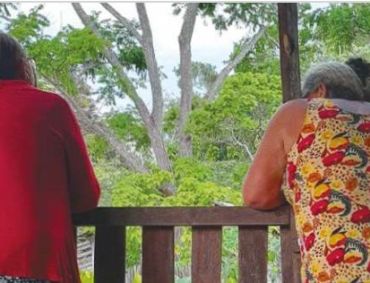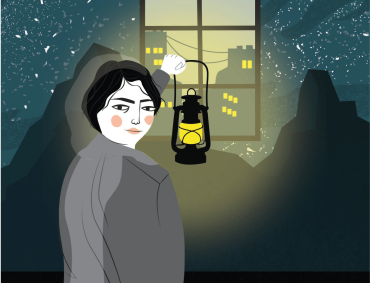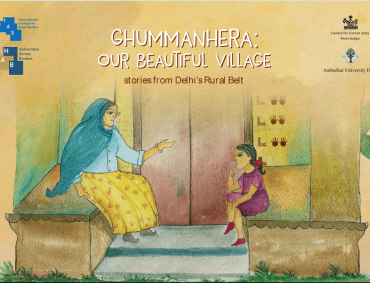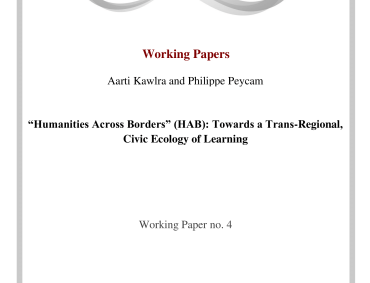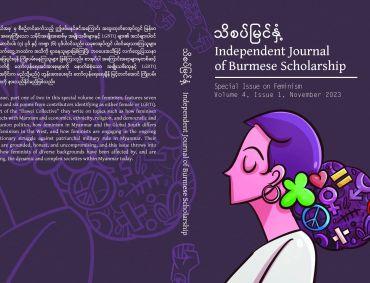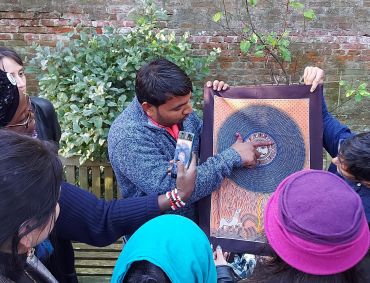Resources
Words from Jawadhu Hills is the fourth publication of the HAB Wordbook Series project, intended as a window into the world of subsistence millet cultivators of the Jawadhu Hills of South India.
Asian Diaspora in The Hague (Aziatische Diaspora in Den Haag) is a brief encounter into the world of those who have crossed many physical and mental borders in order to call The Hague their home. It is a collaborative effort between HAB and Leiden University College (LUC), The Hague. A quick search for the words toko (‘shop’ in Bahasa Indonesia) and roti (‘flat bread’ in Hindi) on a Google map of the city will reveal the neighbourhoods or locations of family-owned shops and restaurants belonging to Asian immigrants settled here.
Indigo as Pedagogy Field School is a documentary video of the Indigo as Pedagogy: International Field School co-organised by IIAS, the Institute of African Studies (IAS) at the University of Ghana, and the Taipei National University of the Arts (TNUA) in February 2024.
Compiled by HAB partner and Burmese scholar Tharaphi Than, this issue of the Independent Journal of Burmese Scholarship (IJBS) is part two of the journal's special volume on feminism. It features seven articles and five poems from contributors identifying as either female or LGBTQ.
The Ritus Lyan/Mundane Rites exhibition catalogue is an anthology of writings and photographs, documenting the artistic processes and works of urban researchers, activists, artists, and curators, alongside the inhabitants of kampung Plampitan, an inner-city urban settlement in Surabaya, Indonesia from March to July 2024.
Click on the image or the hyperlink to play the film.
The Indigo Factory is a journey through the rich tapestry of indigo-making and subsequent processing into fabric, layered with India’s colonial history that transformed an artisanal occupation into mass production in factories.
Words of Riverine Women, published by Zazie Editions of Brazil in collaboration with the IIAS, introduces words and expressions used in the daily lives of the women community residing in Iriri, in the Amazon region. The words highlighted by the Riverine women in this glossary, compiled by researcher Satya Maia Patchineelam, embody the essence of their daily experiences and emotional connections formed through conversations within their families and the environment that surrounds them.
Afghan Communities in Delhi, co-published by the Centre for Community Knowledge (CCK) in India and HAB, shares words in the Dari dialect and English that emerged from conversations with Afghans in Delhi.
As part of the oral history work and engagement with local communities in the rural periphery of Delhi of Ambedkar University Delhi's Centre for Community Knowledge (CCK), this illustrated book for young people titled Ghummanhera: Our Beautiful Village - Stories from Delhi's Rural Belt is a story of Ghummanhera village as told by eleven-year old Ananya who visits her grandparents there. Villages like Ghummanhera are undergoing rapid change alongside growing connections with the metropolis.
In this co-authored working paper for the Shaping Asia Research Network of Bielefeld and Heidelberg Universities, International Institute for Asian Studies (IIAS) Director Philippe Peycam and HAB Academic Director Aarti Kawlra share their thoughts on implementing HAB as an initiative of the IIAS, with the goal of invigorating the Humanities with civic-minded pedagogies grounded in local experience, alongside university par
Compiled by HAB partner and Burmese scholar Tharaphi Than, this issue of the Independent Journal of Burmese Scholarship (IJBS) is part one of the journal's special volume on feminism. It features seven articles and five poems from contributors identifying as either female or LGBTQ.
This episode of IIAS' The Channel podcast features a conversation hosted by Aarti Kawlra, the Academic Director of the HAB program, in which she speaks with three guests: Daan van Dartel, Curator of Popular Culture and Fashion at the National Museum of World Cultures in the Netherlands; Lipika Bansal, a researcher, social designer, and the founder of Textiel Factorij in Amsterdam; and, finally, Kirit Chitara, an artist based in India.
